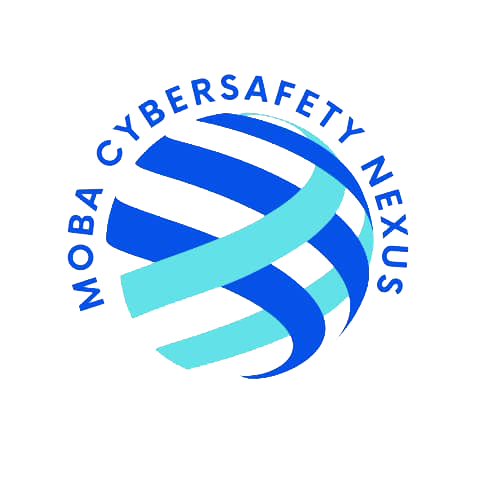Online Shopping—How Safe Are You from E-Commerce Scam?

It all started with a surprise—Amaka, a social media manager for the global brand Digital Edge, wanted to buy something special for Ebuka. She had found the perfect watch online, a limited-edition piece, on what seemed to be a trustworthy website offering a huge discount. Without a second thought, she clicked “Buy Now,” eager to impress the man she loved.
Little did she know that this innocent purchase would turn her world upside down.
The Trap of Too-Good-To-Be-True Deals
Amaka had unknowingly fallen for a cleverly disguised scam. The website was fake, her payment information was stolen, and within minutes, her bank account was drained. The worst part? She had used her work email for the transaction, inadvertently exposing sensitive company information. It wasn’t just her finances that were at risk; her career, her reputation, and her relationship with Ebuka hung in the balance.
How It All Went Wrong
Online shopping scams are designed to prey on unsuspecting individuals, just like Amaka. Here’s what she missed:
- Too-good-to-be-true offers: Massive discounts on high-end products should have raised red flags. Scammers use these deals to lure people in.
- Unsecure payment gateways: The site didn’t have the padlock icon next to the URL or “https://” at the start of the address, meaning the connection wasn’t secure.
- Using the same password: Amaka’s work and personal accounts were linked by the same weak password. Once the scammers accessed her payment info, they exploited her entire digital presence.
A Sweet Ending After All
Ebuka, being the supportive partner, stood by her side as they untangled the mess. With quick action, they contacted her bank, secured her accounts, and reported the incident to the authorities. Amaka learned the hard way, but it wasn’t too late to recover both her finances and her peace of mind. With Ebuka’s help, she also set up stronger security measures—like using multi-factor authentication and purchasing only from verified, secure websites.
Tips for Safe Online Shopping
To prevent falling victim to e-commerce scams like Amaka:
- Verify the website: Always look for the padlock icon and ensure the site begins with “https://”.
- Use strong, unique passwords: Avoid reusing passwords across different platforms, especially for financial accounts.
- Enable multi-factor authentication (MFA): This adds an extra layer of security, ensuring only you can access your accounts.
- Stick to trusted sites: Avoid unknown sellers or websites offering deals that seem too good to be true. Stick with well-known retailers or verified sites.
- Use secure payment methods: Credit cards offer more fraud protection than debit cards or direct bank transfers.
Amaka’s story is a reminder that a moment of carelessness can lead to a cascade of problems. But with the right knowledge, you can protect yourself from online shopping scams.
Don’t let a bad purchase ruin your finances or your relationship!
For more stories of love, trust, and the digital dangers that test them, grab your copy of Encrypted Heart now on Selar: https://a.co/d/aocByn8.
How do you protect yourself when shopping online? Share your thoughts in the comments!

























Whoosh! Thank God for Emeka o.
Thank you for sharing these tips, ma.